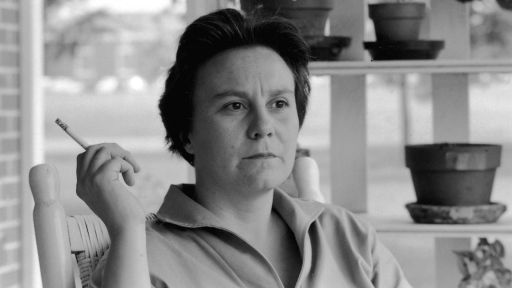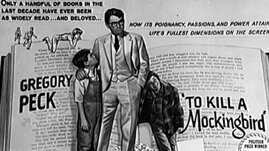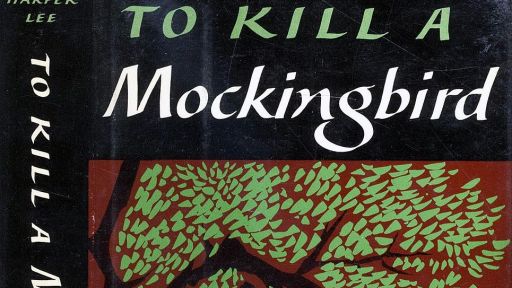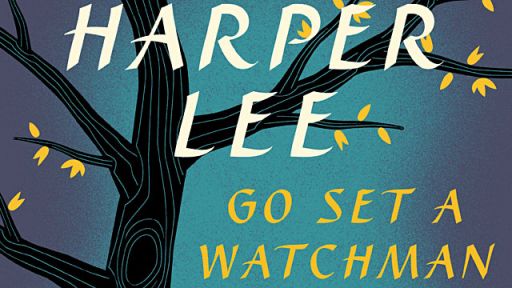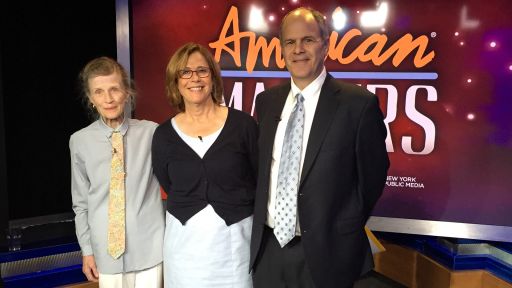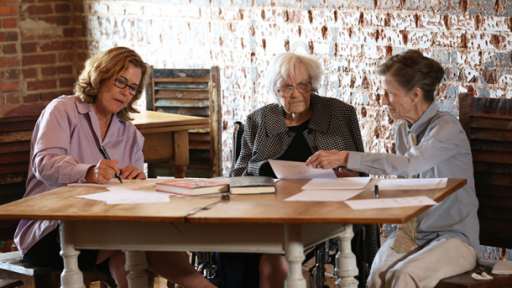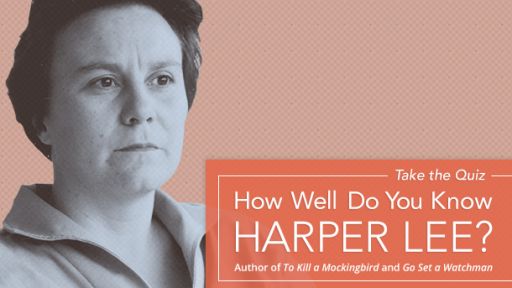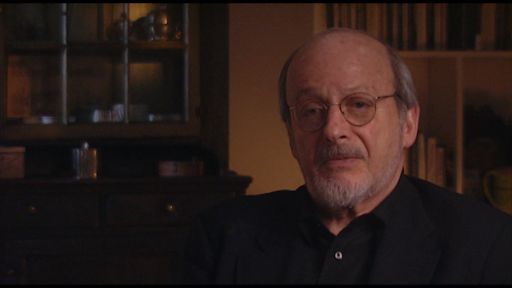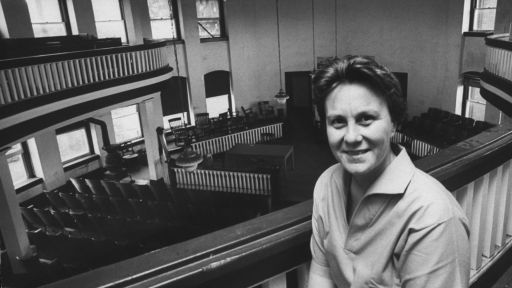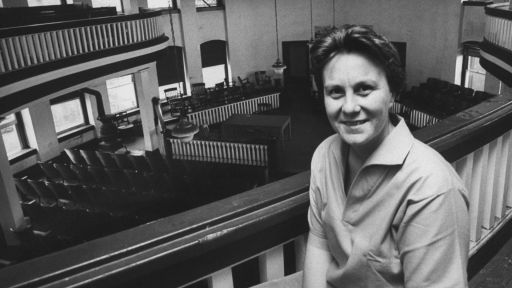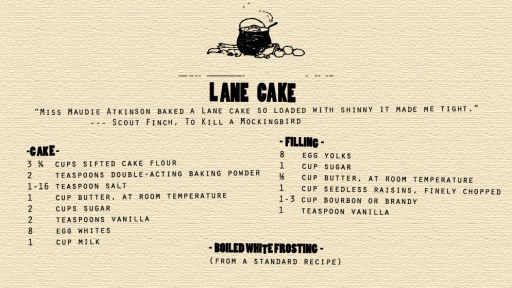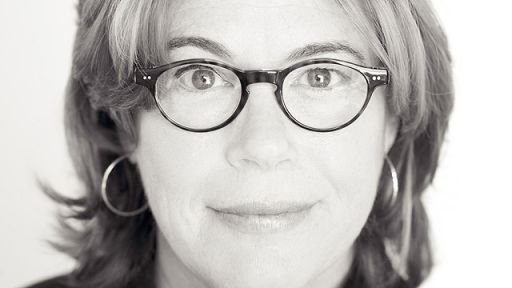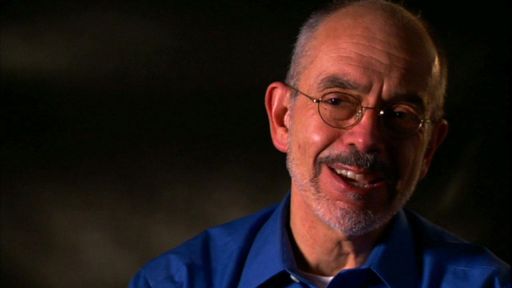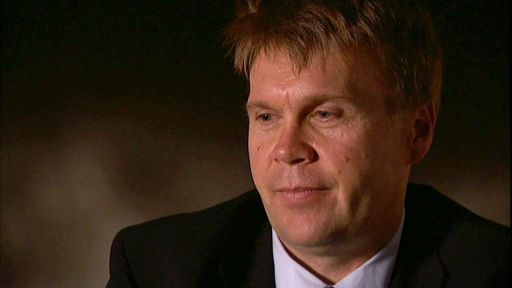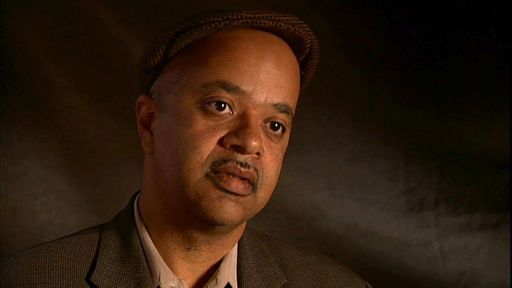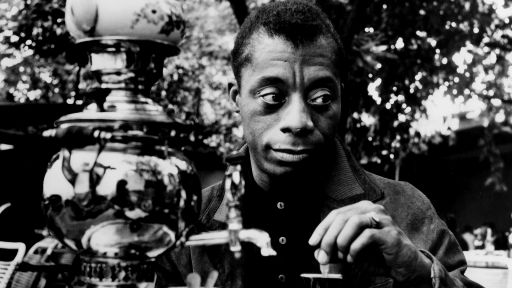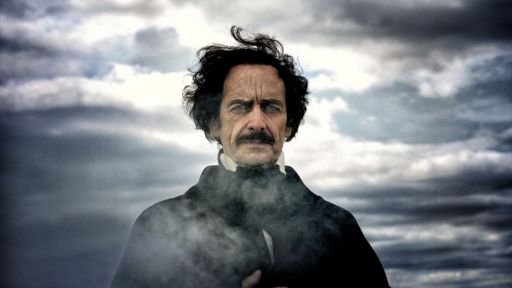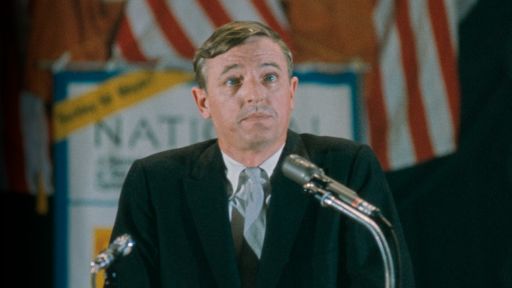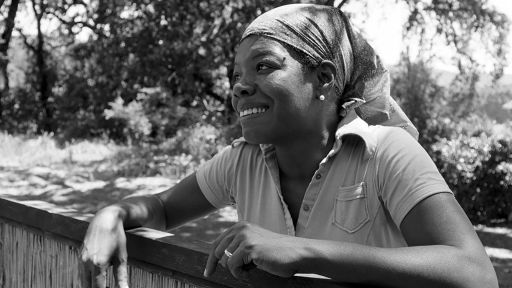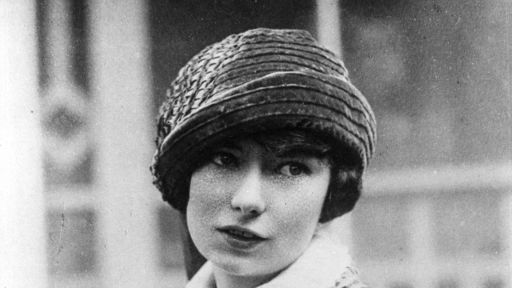Novelist Richard Russo describes how he reluctantly read To Kill a Mockingbird as a student in Catholic school. Russo explains how the relationships described in the book influenced him as a writer and provided inspiration for his own characters in his Pulitzer prize-winning novel, Empire Falls. Harper Lee: Hey Boo airs Monday April 2nd at 10 p.m. (check local listings).
Richard Russo: You know the first time I read To Kill a Mocking Bird I don’t think I finished it and the reason I didn’t finish it was that– at the time– at that time I would have been in high school. And at that time I had what was a hard and fast rule, which was to read everything I could get my hands on except what was assigned to me. It was Catholic school and I just– I just– I was in that rebellious frame of mind that if somebody else wanted me to read it, it was probably for [censored].
And so I– I went into– I went to– To Kill a Mocking Bird with– with that notion, that– that it was like the other books that the nuns wanted me to read. And so I– I– I read– I– I remember reading, of course, I’m thinking– reluctant– reluctantly, you know, thinking this is a– this is really good, but I couldn’t admit to it; I couldn’t admit it to them, I couldn’t admit– admit it to myself.
But there was that– that father/daughter relationship– burrowed, I think, under my skin even then. We all– those of us who become writers– are becoming writers long before we ever put pen to paper. In the same way that the– my first reading of Great Expectations which I didn’t finish either because it too had been assigned. But there was something about the opening scenes of that book where– where– where Pip and Magwitch come together, there was something that burrowed into me there, a way in which you can be and– you can be ashamed of someone you love,
Yeah, yeah– that– that relationship between Joe Gargery and– and– and Pip– really burrowed underneath ‘cause I had a– I had a father who was– who was largely absent and– and– and when he came back, it was a very– it was a small town and everybody wanted to know why my father didn’t live with us and so there was something about the opening of– of Great Expectations that burrowed very, very deep.
And To Kill a Mocking Bird was that way. Even though I didn’t finish the book, even– even though I was– I was stubbornly a teenager and– and– but– and in some way it probably frightened me– something– something about that book frightened me. But– I look back on it now in the way in which you are becoming a writer– and certain books influence you, it’s hard to imagine Empire Falls being written without To Kill a Mocking Bird because I don’t think Tick could have existed– without Scout.
And something about that– that father/daughter relationship– when I came back to it as an adult– a lot of– a lot of the way I– I felt about my daughters and the way in which they were– they were going about in the world, the way Scout does– Scout loves her father but the truth is young people are to a certain extent on their own and– and they’re– and they’re– they’re learning about life through their own– through their own eyes and through own experiences.

